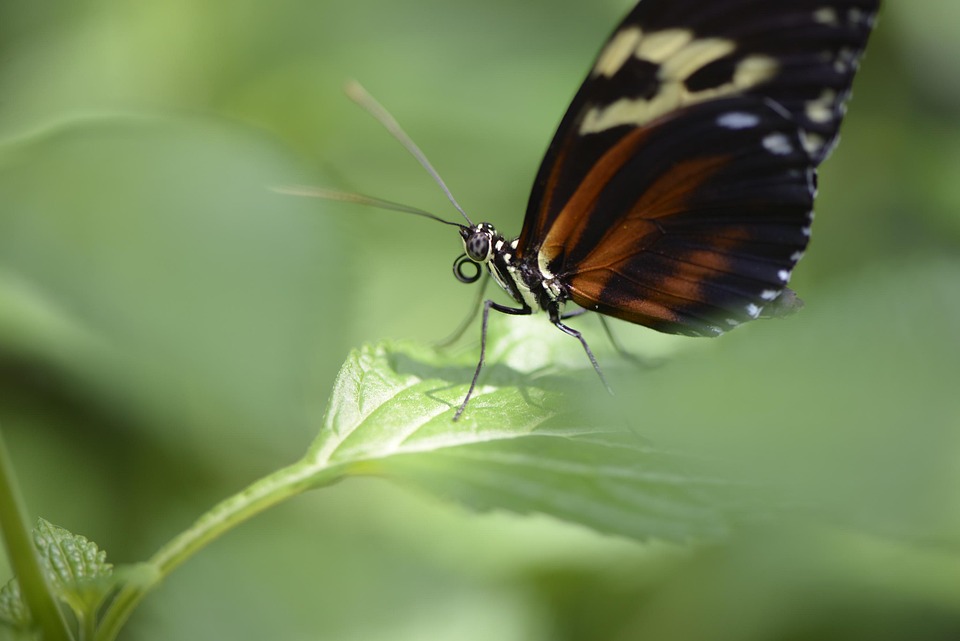As summer rolls in and the great outdoors beckons, many of us are eager to enjoy picnics, hikes, and evenings in the backyard. However, the presence of bugs, particularly mosquitoes, ticks, and other biting insects, can quickly put a damper on our outdoor plans. While there are many chemical-based repellents available, concerns about their potential health risks and environmental impact have led many individuals to seek skin-safe alternatives. Thankfully, there are numerous effective and natural solutions that can help keep bugs at bay without the use of harsh chemicals.
Understanding the Risks of Chemical Repellents
Chemical repellents, such as DEET and permethrin, are often effective at keeping bugs away, but they come with a price. Studies have raised concerns about the potential health effects of frequent exposure to these chemicals, especially in children and pets. Symptoms of exposure may include skin irritation, respiratory issues, and even neurological problems in some cases. Furthermore, environmental concerns regarding the impact of these chemicals on wildlife have prompted many to seek safer alternatives.
Nature’s Best Defense: Essential Oils
One of the most popular and effective natural solutions for bug repellent comes from essential oils. Many essential oils possess insect-repelling properties and can be safely used on the skin when properly diluted. Here are some of the best options:
-
Lemon Eucalyptus Oil: This oil has been found to be as effective as DEET in repelling mosquitoes. It contains compounds that interfere with mosquitoes’ ability to detect humans, making it a powerful deterrent.
-
Lavender Oil: Not only does lavender smell delightful, but it also repels mosquitoes, fleas, and other insects. Plus, its calming properties can help to soothe any insect bites that may occur.
-
Peppermint Oil: The strong scent of peppermint is off-putting to many bugs, especially spiders and ants. Apply diluted peppermint oil to your skin or use it in a spray for a refreshing barrier.
-
Tea Tree Oil: Known for its antimicrobial properties, tea tree oil is also effective against mosquitoes and ticks. Always dilute it with a carrier oil before applying it to the skin.
- Citronella Oil: A staple in many natural bug repellents, citronella oil is derived from lemongrass and is particularly effective in warding off mosquitoes. It can be used in candles, sprays, or as a topical application.
How to Make Your Own Bug Repellent Spray
Creating your own insect repellent spray at home is simple and allows you to customize your blend. Here’s a quick recipe to get you started:
Ingredients:
- 10 drops of lemon eucalyptus oil
- 10 drops of lavender oil
- 10 drops of peppermint oil
- 5 drops of tea tree oil
- 1 tablespoon of witch hazel or vodka (acts as a preservative)
- 4 ounces of distilled water
- A spray bottle
Instructions:
- Combine all the ingredients in the spray bottle.
- Shake well before each use to mix the oils with the water.
- Spray onto exposed skin and clothing, avoiding contact with the eyes.
Other Natural Preventive Tips
Beyond topical applications, there are additional strategies to keep bugs at bay:
-
Wear Protective Clothing: Light-colored, long-sleeved shirts and long pants can serve as a physical barrier against biting insects.
-
Use Natural Barriers: Planting natural insect-repelling plants such as marigolds, basil, and catnip in your garden can help deter bugs.
-
Avoid Scented Products: Many personal care products, such as lotions and shampoos, can attract insects. Opt for unscented versions when spending time outdoors.
- Eliminate Standing Water: Mosquitoes breed in standing water, so regularly checking your yard for any sources of stagnant water can significantly reduce their population.
Conclusion
While the threat of bugs can hinder our time outside, resorting to harsh chemicals is not the only way to protect ourselves. By utilizing skin-safe, natural solutions, we can effectively deter insects without harmful side effects. Essential oils offer a multitude of benefits and are a simple, eco-friendly approach to keep bugs away. So next time you plan an outdoor adventure, consider embracing these natural alternatives and enjoy nature without the buzzkill!
